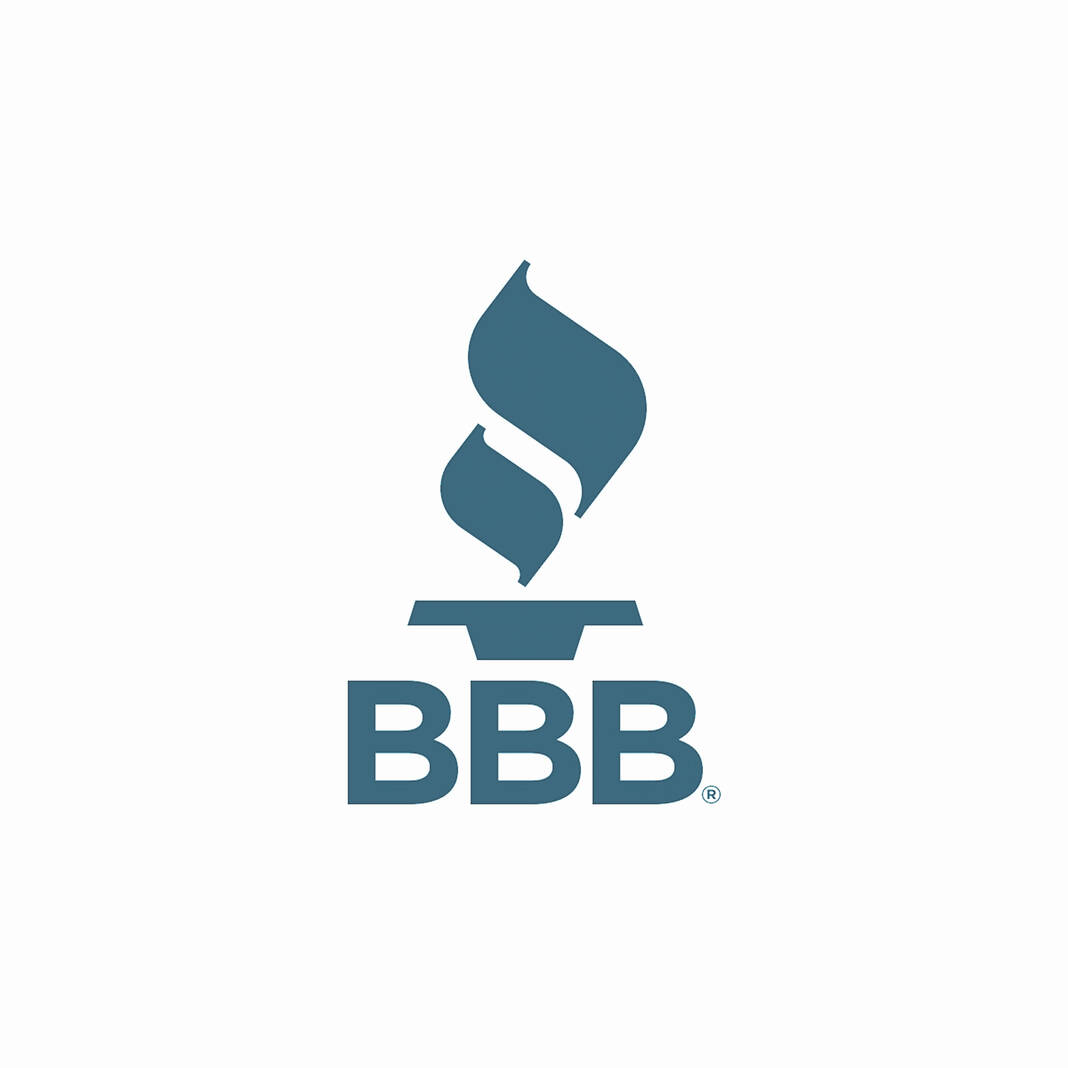
By John North
Better Business Bureau
Tax season is here. Individual income tax returns are due to be submitted to the federal government by April 15. The IRS expects more than 128.7 million individual tax returns to be filed by the deadline. As you begin the process of filing your taxes, watch out for scammers.
Some of the most common tax scams include IRS impersonation, tax identity theft and email phishing. In 2023, millions of Americans had been victimized by scammers. According to the U.S. Department of the Treasury, the IRS flagged more than one million tax returns for potential identity theft during the 2023 tax season.
To help you avoid a tax scam, the Better Business Bureau offers these tips:
· File taxes early to avoid identity theft – before a scammer uses your information to file a false return.
· Ask friends and family who they have used in the past to do their taxes.
· Write down your Identity Protection Pin (IP PIN) from the IRS before filing your return. This number confirms your identity. You can’t opt-out once you get an IP PIN and must provide the IP Pin each year you file federal tax returns.
· Beware of emails, texts or social media messages claiming to be the IRS requesting information. The IRS generally communicates through mailings. It will also not demand immediate payment.
· Look for preparers who are available year-round in case you’re audited or there’s a problem with your return.
· Hire trustworthy tax preparation services to assist in major life changes, business ownership or a lack of knowledge about tax laws.
· Don’t use a ghost preparer who won’t sign a tax return he or she prepares for you.
· Make sure your tax preparer has an IRS Preparer Tax Identification Number.
· Don’t sign incomplete tax returns.
· Be wary of promises like larger refunds than the competition.
· Don’t send checks to third parties. Also, don’t pay with a prepaid debit card, gift card or wire transfer.
· Be sure you’re accessing the real IRS website when filing your taxes electronically or inquiring for additional information.
· Understand the IRS will not threaten to immediately bring in law enforcement to arrest you for not paying.
· Make sure tax refunds are deposited into your bank account, not your tax preparer’s.
· Download electronically delivered tax information from your employer on a password-protected computer.
· Update your cybersecurity (antivirus and anti-spyware software and spam filters) regularly. Don’t file personal information over Wi-Fi hotspots. Public wireless networks aren’t secure.
· Don’t click on unsolicited, suspicious URLS, texts or emails. Scammers lure people to fake websites and ask them to fill in personal details. A secure URL should begin with “https.” The “s” in “https” stands for secure. Also, look for the locked padlock symbol icon to verify the website is trustworthy.
· Make your social media profiles private. This will help protect against hackers gaining access to accounts.
If you come across a tax scam, report it to BBB.org/scamtracker, ftc.gov/complaint or the IRS by calling 1-800-908-4490. To learn more tax tips, visit bbb.org/all/taxtips. BBB can also provide a list of BBB Accredited tax services or business profiles on ones you may be considering.




